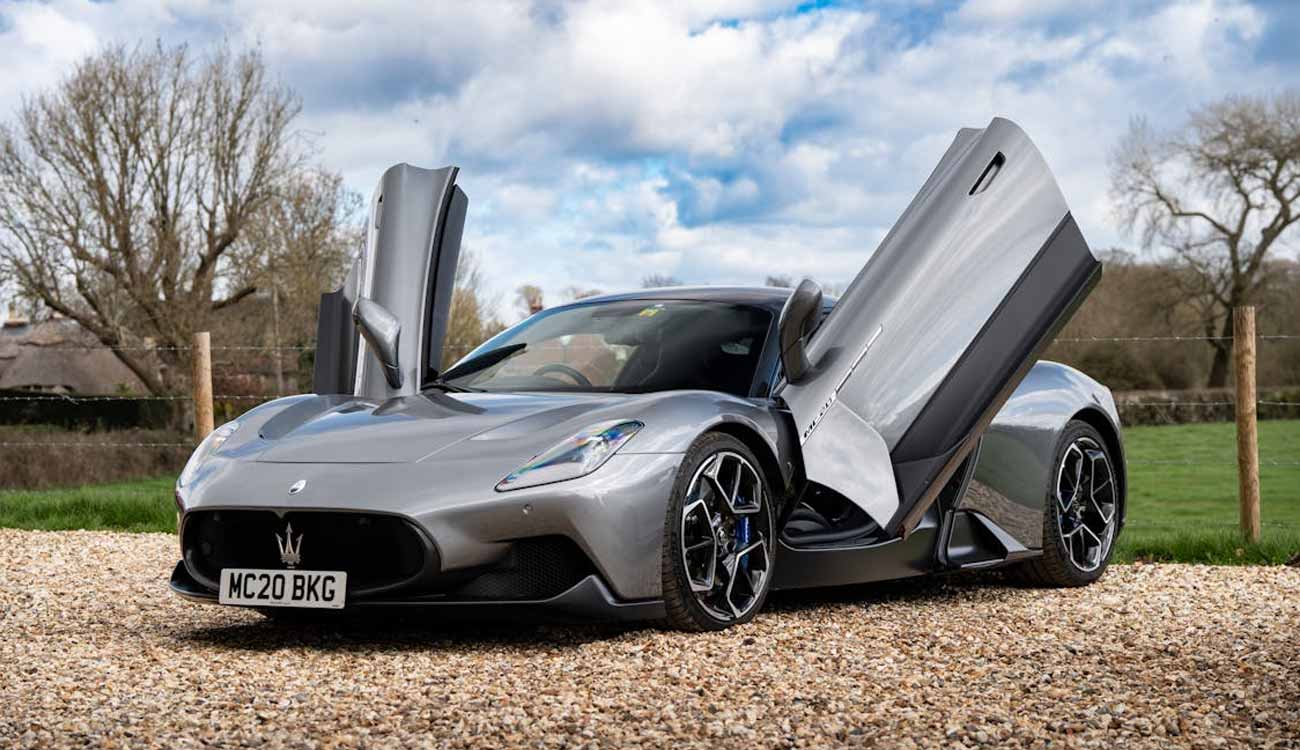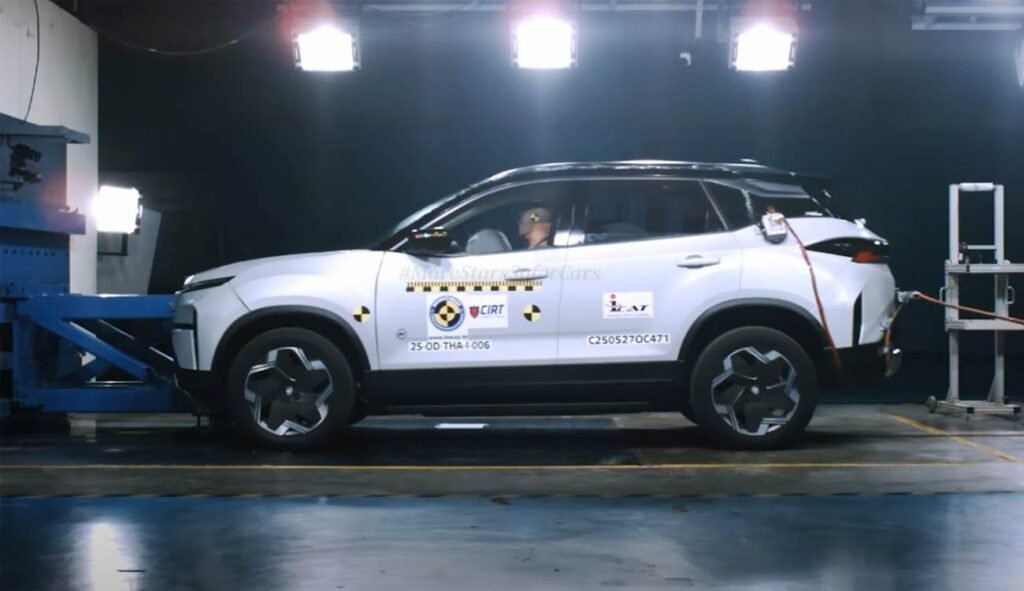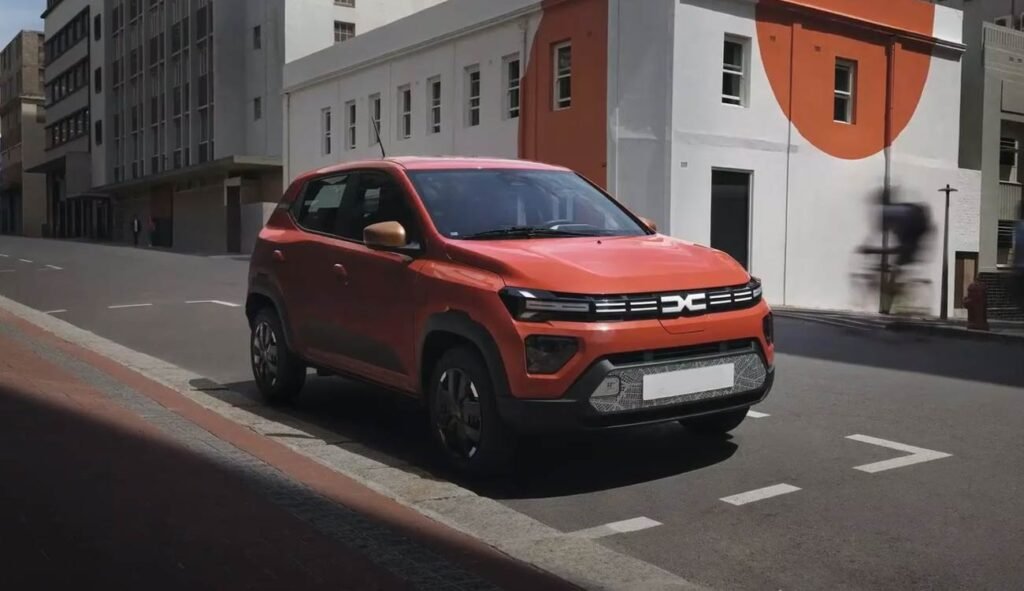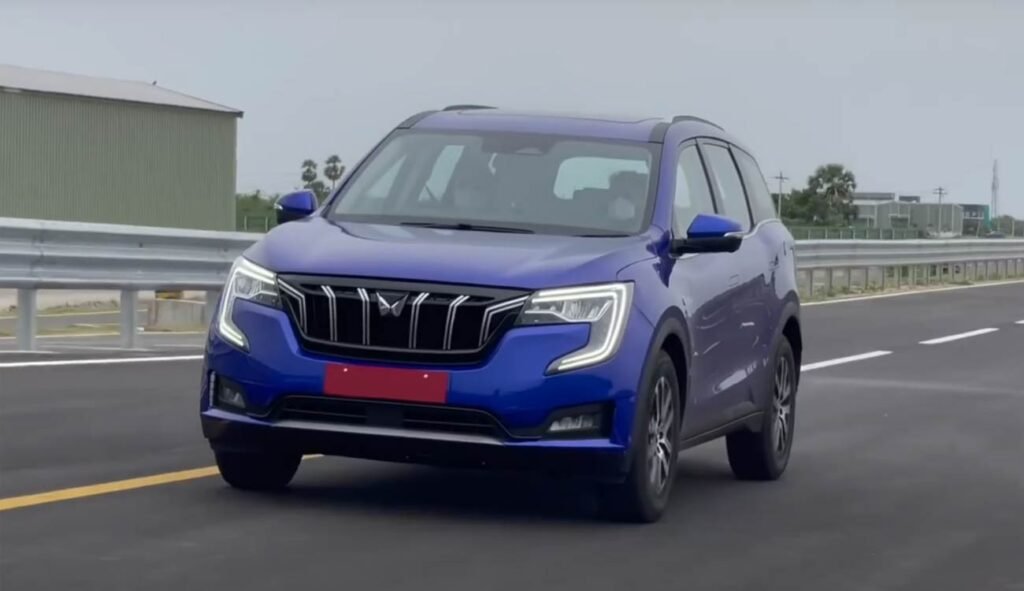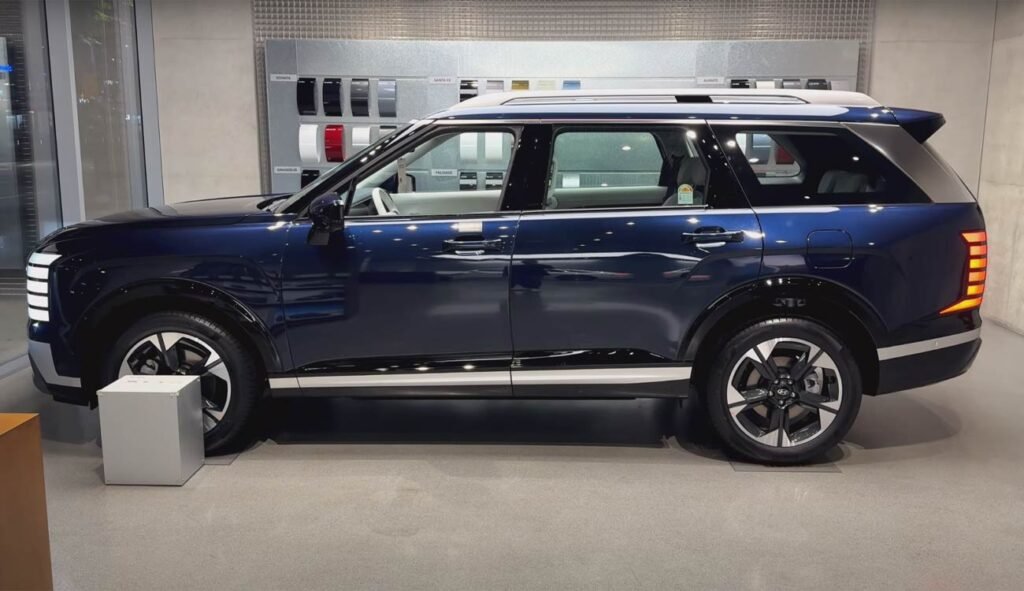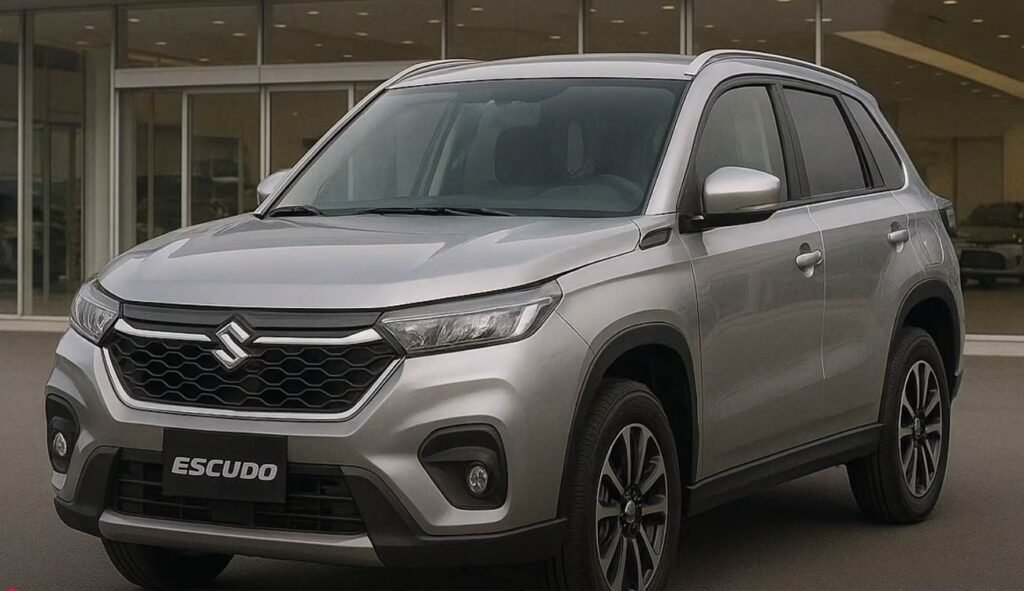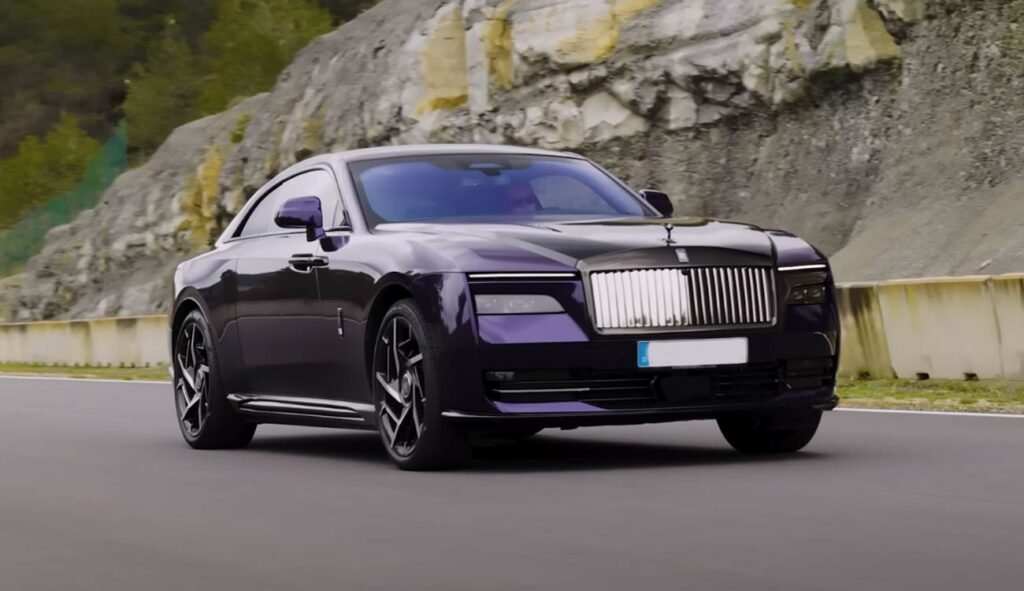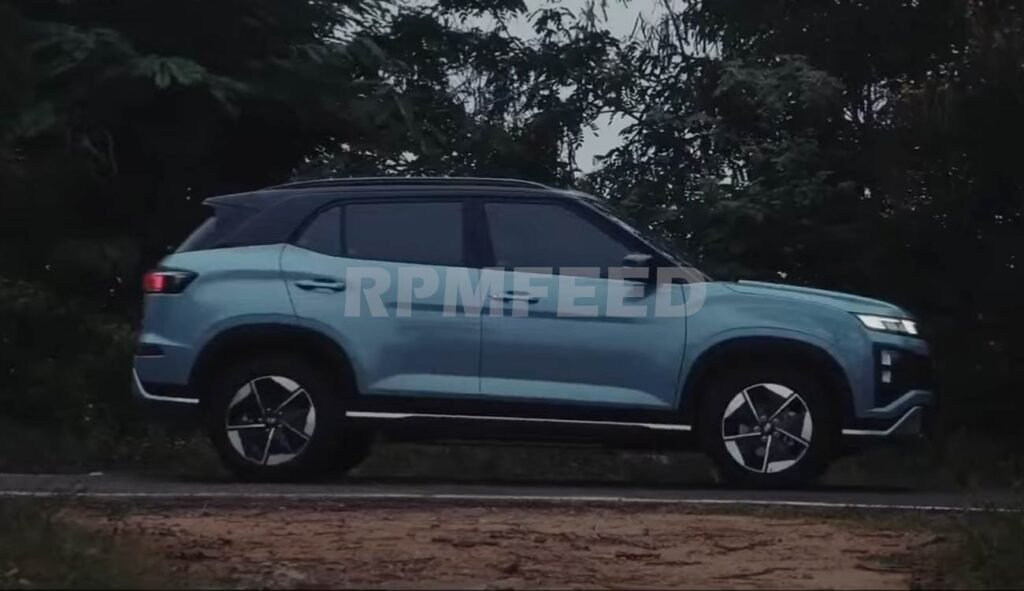Maserati has shaken things up in the supercar world by leaning into what its loyal customers want most – raw, mechanical driving thrills from internal combustion engine (ICE) powertrains. The decision marks a significant departure from the canceled fully-electric Maserati MC20, signaling the automaker’s commitment to honoring driving purists amid an electric revolution.
According to Davide Danesin, Head of Engineering at Maserati, there’s a segment of customers who believe EVs compromise the visceral connection they crave behind the wheel. He explains that battery-powered supercars come with inherent drawbacks, such as additional weight and complexity. By contrast, traditional ICE supercars champion simplicity, agility, and authenticity. For Maserati, “pure mechanical cars” are more than just a market stance; they represent a philosophy.
Bringing Back the Thrill of the Manual Gearbox
Maserati is also considering a bold move that will delight stick-shift enthusiasts. The brand has hinted at resurrecting manual transmissions in a potential limited-run model. Danesin recently shared that building a purely mechanical car aligns perfectly with their vision, making a six-speed manual gearbox a serious possibility. This is big news for fans of three-pedal driving, as Maserati hasn’t offered a manual car since the mid-2000s.

Paired with their Nettuno V-6 engine, a manual gearbox could reignite excitement for enthusiasts longing to reconnect with the pure act of driving. While the trend across the industry has leaned towards electric and hybrid options, Maserati is providing a refreshing counterpoint with its “ICE-centric” roadmap.
More Collaboration Between Maserati and Alfa Romeo
Alfa Romeo and Maserati, both under Stellantis’ umbrella, are exploring ways to deepen their collaboration. This includes the prospect of jointly developing a dazzling gasoline-powered supercar that doesn’t rely on electric assistance. Such a car could potentially be based on Maserati’s Granturismo platform, with an upgraded version of the twin-turbo 3.0-liter V6 engine producing more than the 621 horsepower found in the MC20.
An Alfa counterpart to such a Maserati supercar could help boost economies of scale while keeping traditional performance cars relevant in a rapidly changing market dominated by hybrid and EV models.
Challenges for Gas-Powered Supercars in the Current Landscape

Despite Maserati’s exciting revelations, the path forward for gas-powered supercars is fraught with challenges. Tighter emissions regulations and increasing taxes on ICE vehicles, particularly in Europe, have placed pressures on automakers to shift towards hybrid or electric options. Take Ireland, for example – due to emission-based taxation, buyers spend significantly more on certain gas-powered vehicles compared to PHEV alternatives. For instance, the BMW M3 costs €17,350 ($20,000) more than the plug-in hybrid M5.
This global push for lower emissions could force manufacturers to limit ICE cars to niche audiences or exclusive offerings. For Maserati, this means balancing customer preferences with regulatory demands, making each new product release a more intricate endeavor.
Maserati’s Future in a Hybrid-Electric World
While Maserati remains dedicated to preserving ICE technology for now, it’s clear that hybrid and electric vehicles are the industry’s future. However, the automaker’s decision to lean into what makes performance cars magical – their sound, mechanics, and visceral engagement – reinforces their reputation as a brand that listens to its enthusiasts.
This move could place Maserati in a unique position, offering “iconic throwbacks” while navigating an increasingly eco-conscious automotive world. Perhaps, with brands like Maserati committing to timeless designs and mechanical experiences, the golden age of supercars isn’t over just yet – it’s simply evolving.
